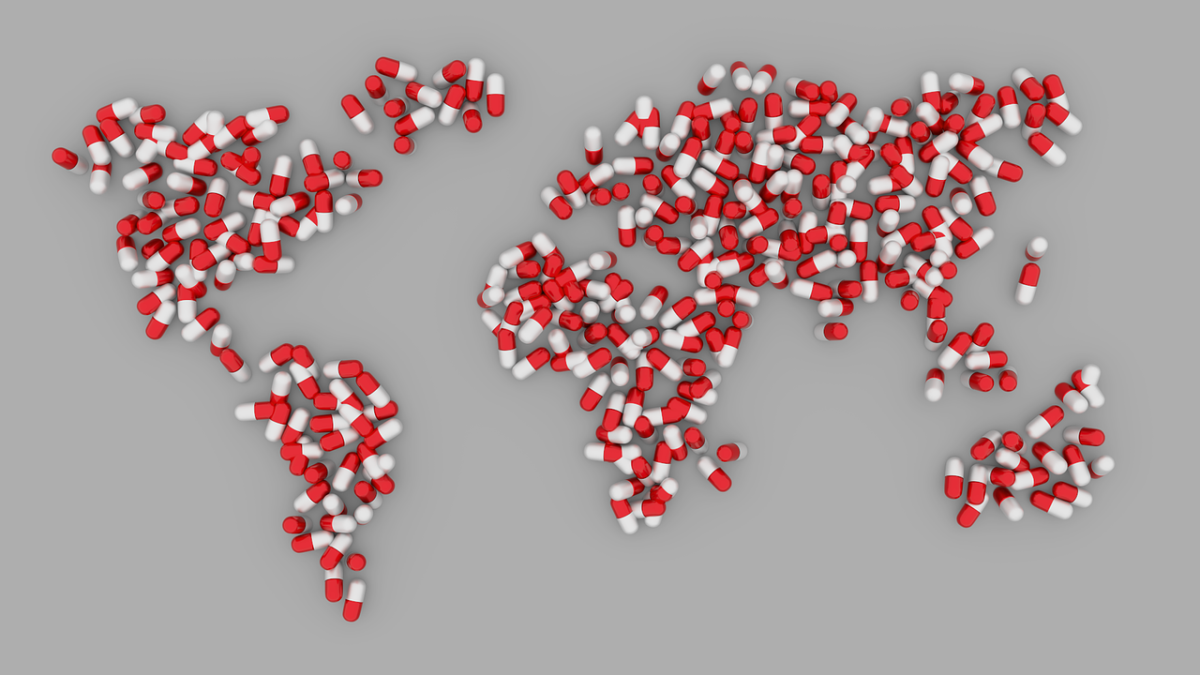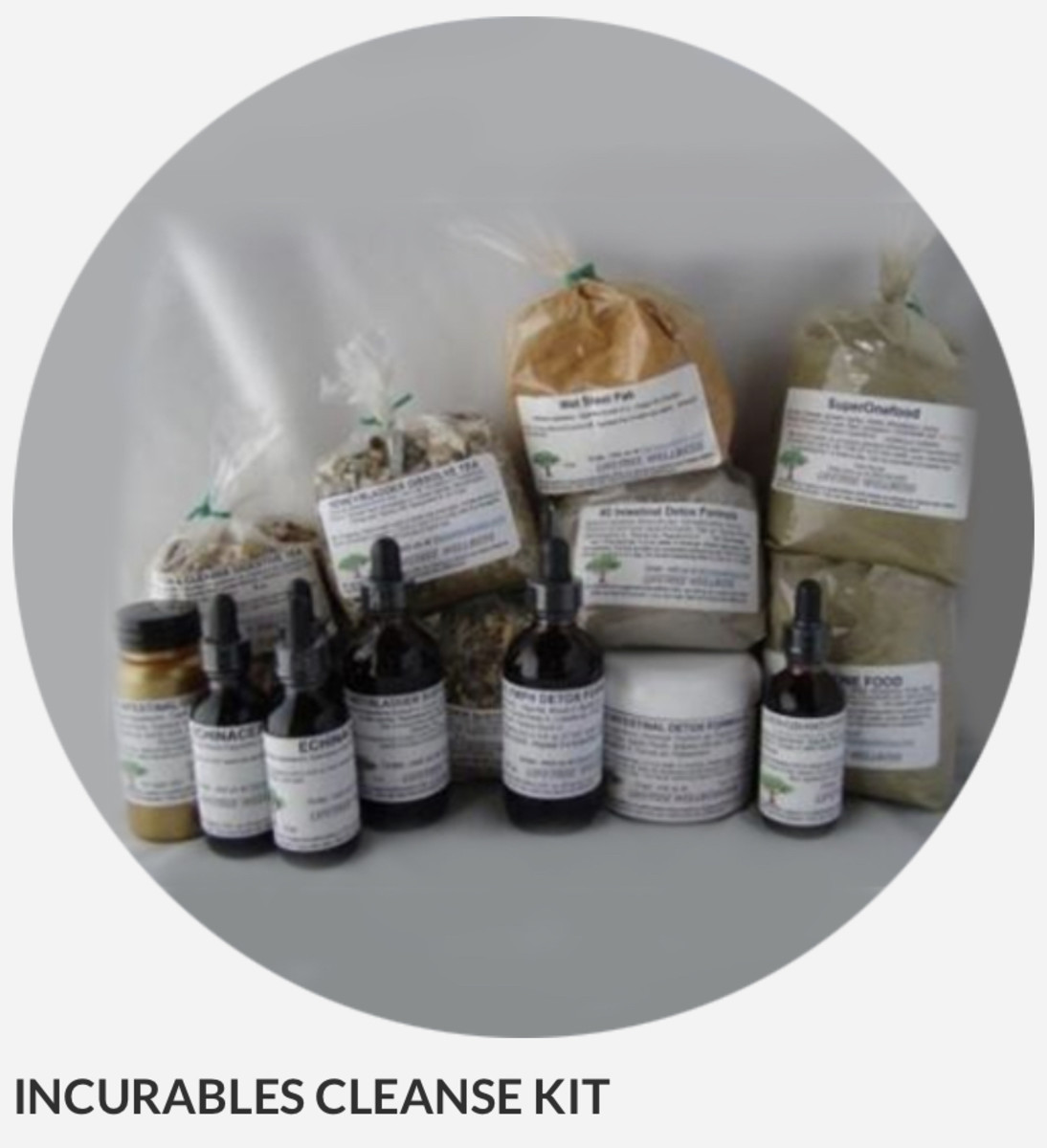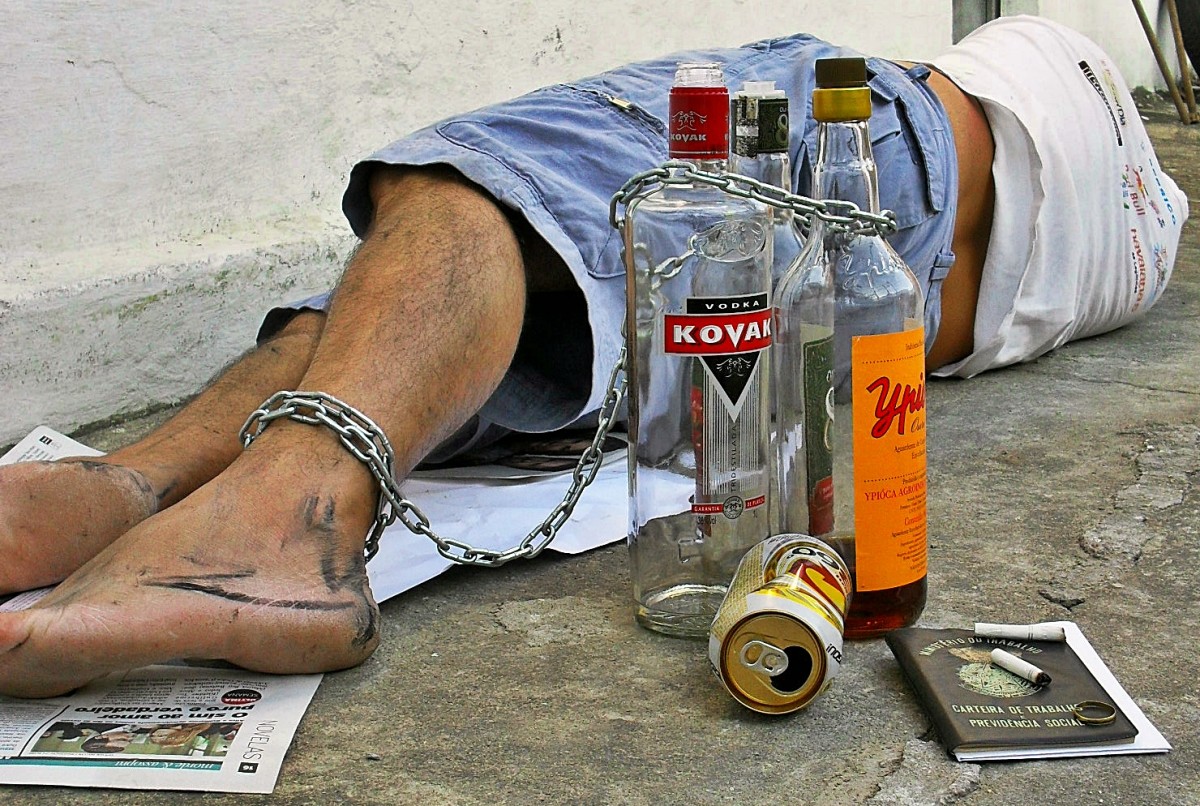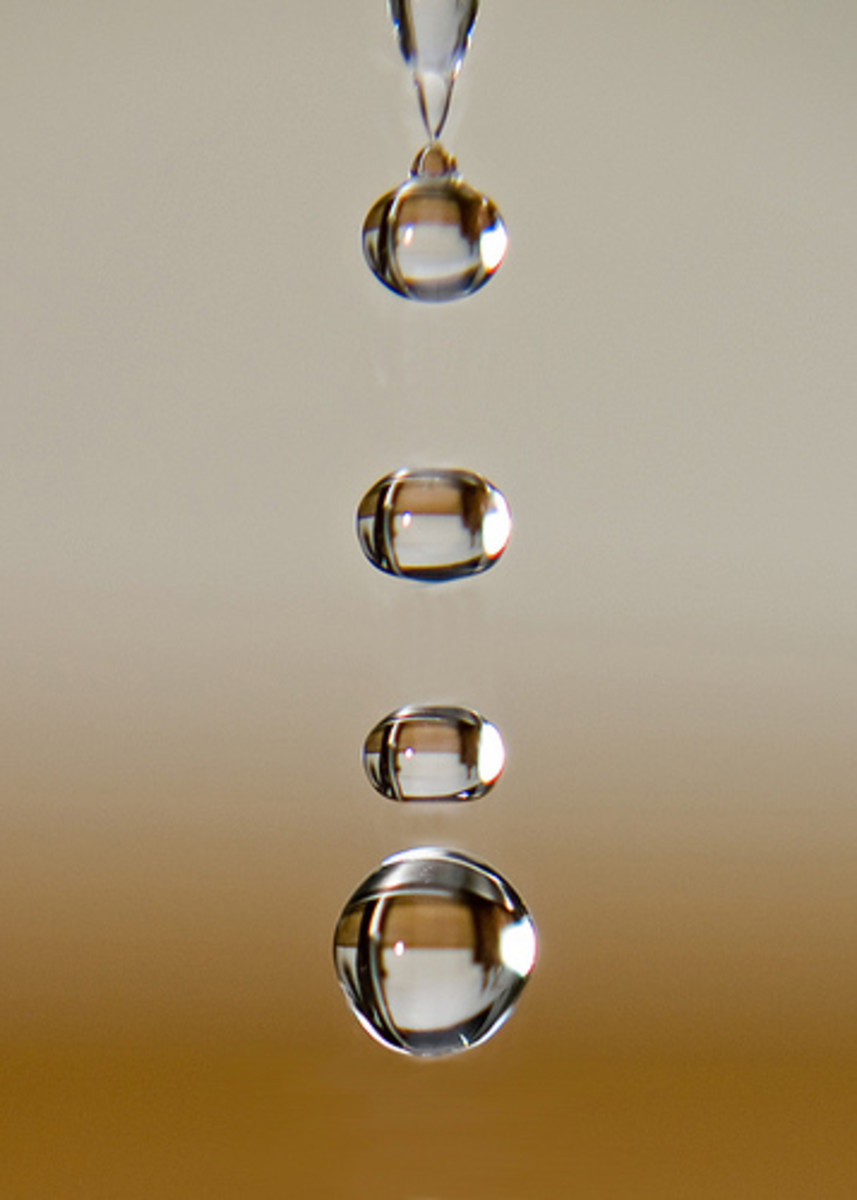- HubPages»
- Health»
- Mental Health»
- Addiction
Five Holistic Therapies for Optimal Recovery From Addiction
Five Holistic Therapies for Recovery

Holistic Therapies in Your Recovery from Addiction
The whole idea of holistic addiction treatment is to motivate and inspire the individual to take full responsibility for their own recovery in order to achieve optimal heath and results. Holistic therapy consists of a variety of therapies. We will take a look at five:
- Mindfulness
- Massage Therapy
- Yoga
- Aromatherapy
- Nutrition
Every individual has to explore and find out what will work best for them. Let's take a look at five natural alternative therapies to find out what they consist of and why they will be beneficial to your recovery.
Mindfulness

Achieving Optimal Health in Recovery with Mindfulness
Mindfulness is the state of being present in the here and now; being in the moment, being in your body; not being on autopilot. Mindfulness means owning each moment and being grounded, contributing to a rich and fuller life because you are noticing all the ordinary things around you. In our addiction, we repeatedly engaged in thoughts and behaviors that were harmful for us, over and over again. This shaped our brain in ways that worked against us and prevented us from being mindful. It brings us in the presence and helps us to cope with our reality, which we are not used to. In our addiction. When we practice mindfulness exercises it reshapes our brains in ways that bring us greater control, awareness, and happiness.
Here are some exercises to try with mindfulness:
- Feel the sensation in your toes, then your feet, as they take each step, while you are walking. Then walk faster then slower and notice how everything feels.
- Feel the texture and taste of the food you chew in your mouth. Feel how the food as it slides down your throat and as you swallow each bite of your meal.
- Observe each sense. Notice the smell. Notice the noise. Just use each sense one at a time and take notice of everything as it is in the exact moment.This is an exercise to do regularly in your every day life. Remember to put aside all your worries and regrets while doing this
Learning to practice mindfulness and complete these exercises does take consistent practice, but the benefits are amazing, these include:
- increased self-acceptance
- increased attention,
- improved physical health
- overall greater sense of your well-being.
Practicing meditation is one of the most important exercises you should experience in recovery. It will likely make a positive impact on your stress and anxiety levels.
Massage Therapy

Achieving Optimal Health in Recovery with Massage Therapy
Massage therapy is something that many clients find beneficial in recovery from addiction. It has a physical, mental, and emotional impact that can reduce risk of relapse and promote healing And leads to positive results. There are many reasons for using massage therapy in your recovery.
- It increases your dopamine production which is important due to the fact that addiction impacts the brain’s pleasure and reward center. Those struggling with addiction have overused drugs and alcohol which actually hijacks the brain and controls emotions, motivation, and mood. Over time, these drugs replace the normal flow of dopamine and without them, the abuser loses motivation, feels sad or depressed, and is unable to function normally, both physically and mentally. This is why dopamine production is so important.
- It reduces the release of stress hormones and makes you feel more relaxed. Stress is a common trigger for relapse.
- It can stimulate and improve circulation, lower blood pressure, and less stress on the heart.
- Getting a massage can keep you feeling more limber and help manage pain.
- It is a beneficial way of promoting relaxation and achieving better balance.
- It reduces agitation and anxiety and ease sleep problems.
- Provides a natural, alternative method of healing, free of drugs.
- Massage therapy helps with the removal of metabolic waste. Therapeutic massage triggers or stimulates the body’s parasympathetic nervous system. This in turn can increase circulation and promote the effectiveness of the lymph system. The lymph system helps to alleviate pain symptoms and is responsible for removing the body’s metabolic waste build-up.
-
It builds trust. Negative feelings may be associated with someone touching your body becau of past experiences in your addiction. Maybe you feel like you don’t deserved to be touched or someone that you didn’t want to touch you did and that might make you feel mistrust. Initially it may be uncomfortable with someone touching your body. Massage introduces a way to rewire the brain to associate touch in a more positive light. During a massage session, patients may cry or feel sad — all perfectly normal emotional responses.With continued massage therapy, patients can learn to trust again, and experience the physical, emotional and spiritual benefits of therapeutic touch.
Yoga
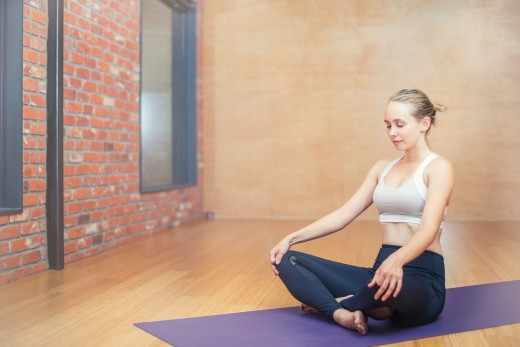
Achieving Optimal Health in Recovery with Yoga
Yoga is good for all ages, most health conditions, and treats more than just your body. Yoga helps to bring peace and calm into your life. Yoga has many good things for recovering addicts.
- It improves focus, awareness, and concentration.
- Yoga has been shown to naturally increase levels of the pleasure-inducing chemicals called dopamine, just as it does with mindfulness.
- It reduces your cravings.
- Yoga also helps you to sleep better, it provides downtime for the nervous system.
- It helps to develop your spiritual awareness, whether you have religious beliefs or not.
- Yoga is a form of good exercise that can make you stronger, give you a sense of accomplishment, and improve your overall health.
- Most importantly, it can help you to have confidence in staying clean and sober.
Nutrition and Herbs

Proper Nutrition for Recovery
Nutritional therapy can significantly help those recovering from addiction. You probably developed nutritional deficiencies that damage the immune system, organs, the nervous system, and overall mental health. Many who struggle with substance abuse develop issues such as eating disorders, weight problems, diabetes, or hypertension. You need to learn and develop healthier eating habits to further strengthen your body and help you overcome cravings. Your body has taken a beating and now it's time to get healthy. Some of the things to do to improve your nutrition are as follows:
- Eliminating added sugar
- Put whole grains into your diet
- Eliminate processed foods, eat whole foods only
- Increase the protein in your diet for the production of amino acids.
- Eating the right amount of food, not too much not too little
- Eating frequently and evenly disbursed meal times.
Maintaining a healthy diet is an essential in recovery. Balanced nutrition enhances a person’s social, emotional, physical, and mental well-being. It will help the body, mind, and spirit heal in recovery. Here are some of the benefits:
- Enhanced mood
- Stronger immune system
- Helps your body to be physically active during the day
- Helps to sleep better at night
- Helps your mental status
Aromatherapy
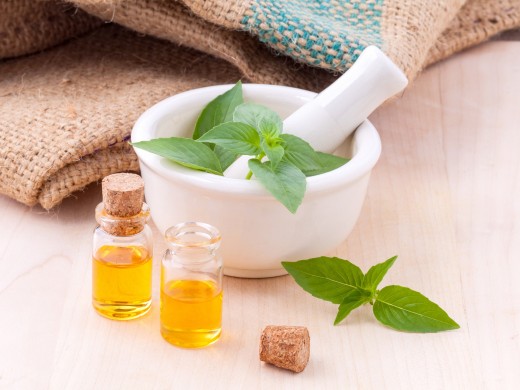
Optimal Health with Aromatherapy
Aroma Therapy is classified as a type of alternative medicine or holistic treatment and can benefit you in recovery. It involves using essential oils made from various plant materials and aromatic ingredients. Essential oils are believed to benefit mental, physical, and spiritual health individuals through inhalation
- . Essential oils can help decrease physical symptoms such as headaches, pain, and other discomfort.
- They can help you to stay present, especially when using them as an aid and focus for meditation.
- It can give you clarity in your mind.
- It also regulate your emotions
- Essential oils can even help people in recovery to control some of the cravings.
In general, aromatherapy and essential oils can do a lot for people’s moods and physical well-being, which explains why they have been used for centuries around the world. There is no end to the many things that these substances can do to help people.
This content is accurate and true to the best of the author’s knowledge and is not meant to substitute for formal and individualized advice from a qualified professional.
© 2019 Stephanie Billon

